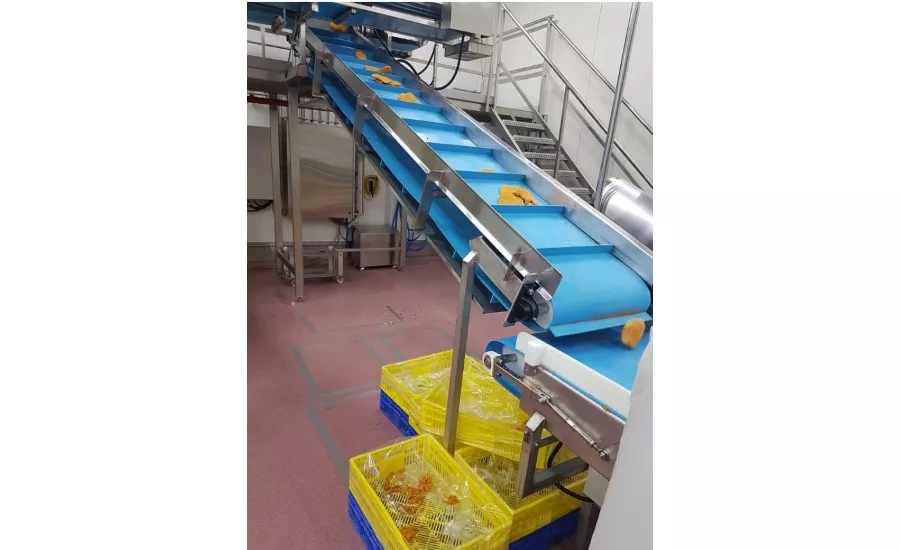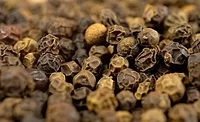Bio-Fence Technology Stabilizes Biocides on Surfaces

The short efficiency period of traditional sanitizers (such as chlorine) used on food production surfaces is a major weakness in the food sanitization process, as the sanitizers regularly need to be reapplied to the contaminated surfaces. A breakthrough technology that both improves the efficiency of traditional sanitizers used for hygiene processes and vastly prolongs their life has now been developed—potentially saving thousands of lives and food companies millions of dollars each year.
The technology, developed by an Israeli start-up called Bio-Fence, acts as a top-coat layer on surfaces; when the surface is sanitized with a traditional sanitation agent (e.g., chlorine), Bio-Fence polymers within the top-coat extend the chlorine’s sanitization activity from minutes to hours, days, and even months and improve its efficiency to over 99.9999 percent. This means surfaces stay far better sanitized, and for much longer—reducing risk, and the regularity, with which surfaces need to be treated.
The technology can also be implemented in industries and products ranging from aviation, tourism, plastics, house care, touch screens, paints, and the sharing economy to ensure that surfaces are 99.9999 percent safe to touch without risk of contamination—a potential game-changer for many industries in a post-COVID world. Because the technology is not a new sanitization substance in itself, but rather prolongs the efficacy of existing sanitization substances, it does not require new regulatory approval.
Bio-Fence | www.bio-fence.com
Looking for quick answers on food safety topics?
Try Ask FSM, our new smart AI search tool.
Ask FSM →








